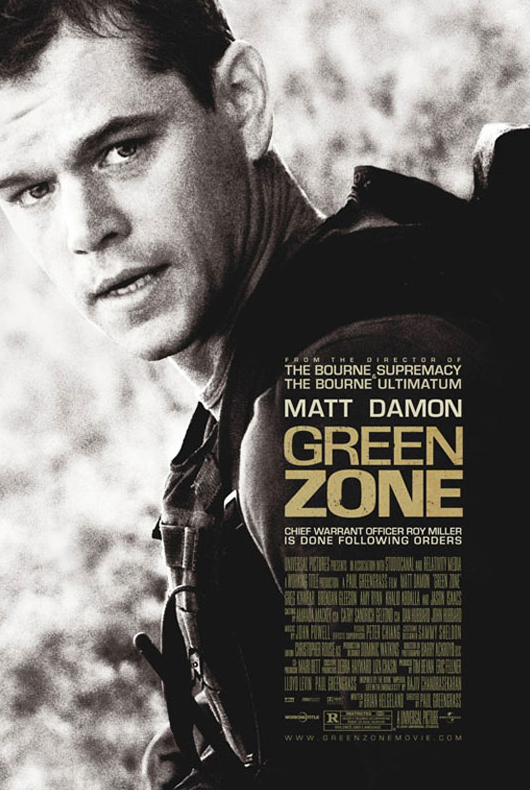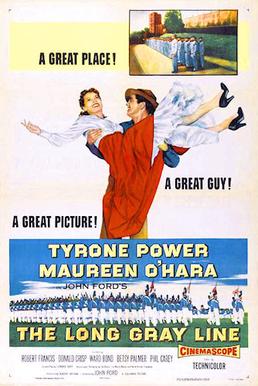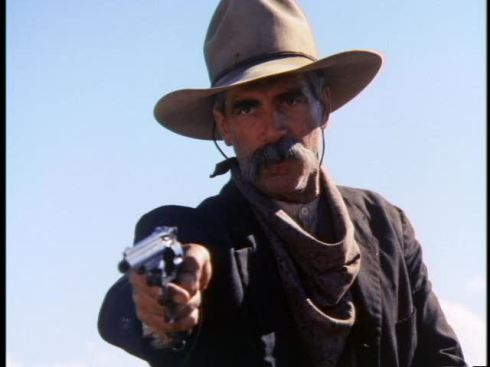What worked against any possible success this movie could have had was that the story is based in 2003 Iraq just weeks after the U.S. invaded the country. In the years since 9/11 and the subsequent events, there hasn't been a movie dealing with those topics in the Middle East that hit theaters and just dominated the box office. The memories are still fresh, and as viewers we can still look on the evening news for reports of what's going on. Add to that issue that many Americans don't believe we should have ever gotten involved in Iraq and Afghanistan, and Greengrass is really up against it with this movie. A movie about a war we should never have been involved in has been like box office poison over the last nine-plus years. But give this one a chance on DVD. It's more than worth it.
Leading an Army team in Baghdad assigned the mission of finding weapons of mass destruction in Iraq, Chief Warrant Officer Roy Miller (Damon) thinks something is up. Intelligence reports keep coming in telling where to find these WMDs, but Miller and his team keep coming up empty. Fed up with the failure, Miller seeks additional information. Is everything being done that can be done, or do these weapons actually exist? He gets more suspicious when a Dept. of Defense official (Greg Kinnear) tells him to drop it. With some help from a CIA agent (Brendan Gleeson) who knows more than he's letting on, Miller starts his own investigation and begins to think a huge cover-up is to blame for the lack of any evidence of Iraqi WMDs.
With a story about weapons of mass destruction in Iraq, only people completely clueless to recent history don't know how this movie is going to end. Now in 2010, the events taking place seem like they're from a long time ago, and Greengrass doesn't shy away from showing the idiocy of U.S. involvement in Iraq. He has some fun with President Bush's Mission Accomplished speech as the war continues in Baghdad and casualties continue to mount. There's no way to tell this story without a cynical view because we do know the end result of the search for WMDs. The government here is trying to cover things up, the soldiers on the ground are the ones paying for it, and the truth is a sidebar that no one really seems interested in.
About halfway through the movie, I thought of what the cast reminded me of, Sergio Leone's The Good, the Bad, and the Ugly. Damon is the good, Kinnear the bad, and Gleeson the ugly. (No offense, Brendan, I meant more about motivation than appearance). Damon is an ideal choice to play Chief Miller. He dives into the role as always and convinces us as viewers that he knows what he's doing. Drama or comedy, I don't know if there's a better actor out there right now. Kinnear is that sneaky, sketchy government official you know has an ulterior motive. Gleeson is underused but still makes a strong character, a CIA agent playing things close to his chest. Also in the cast is Amy Ryan as a journalist duped liked everyone else, Jason Isaacs as a Special Forces soldier going up against Miller, and Khalid Abdalla as Freddy, Miller's Iraqi translator.
My biggest pet peeve about the Bourne movies was Greengrass' ultra-hyper shooting style that makes what's on screen impossible to keep up with. Fight and chase scenes are a blur with just hints of what's going on. I've always felt like showing everything in a manageable fashion is an obvious way to impress the viewer. If something cool is on-screen, show us! Don't cut it to the point of making in indecipherable mess. Green Zone continues that trend, but it's not awful, just noticeable. That said, the last 20 minutes are fast-paced and chaotic (in a good way) with some great action as Miller races through Baghdad at night in hopes of capturing an Iraqi general who may hold the key to the WMD problem. The aggressive shooting style certainly does give the movie a realistic, right there with the soldier feel, but pulling back even a little couldn't hurt.
So for an exciting, well-made thriller that only grossed $35 million in theaters, what could have been changed? Basically change the setting, and you've got a hit. It is exciting from the word go, and the pacing never slows as the mystery begins to unravel. But it is still uncomfortable watching a movie about the conflict and fighting in Iraq when it feels like we're still so wrapped up in it all. Maybe like so many Vietnam movies, it will just take a grace period before people can appreciate the quality of the movies. Green Zone is definitely one worth checking out though.
Green Zone <---trailer (2010): ***/****








